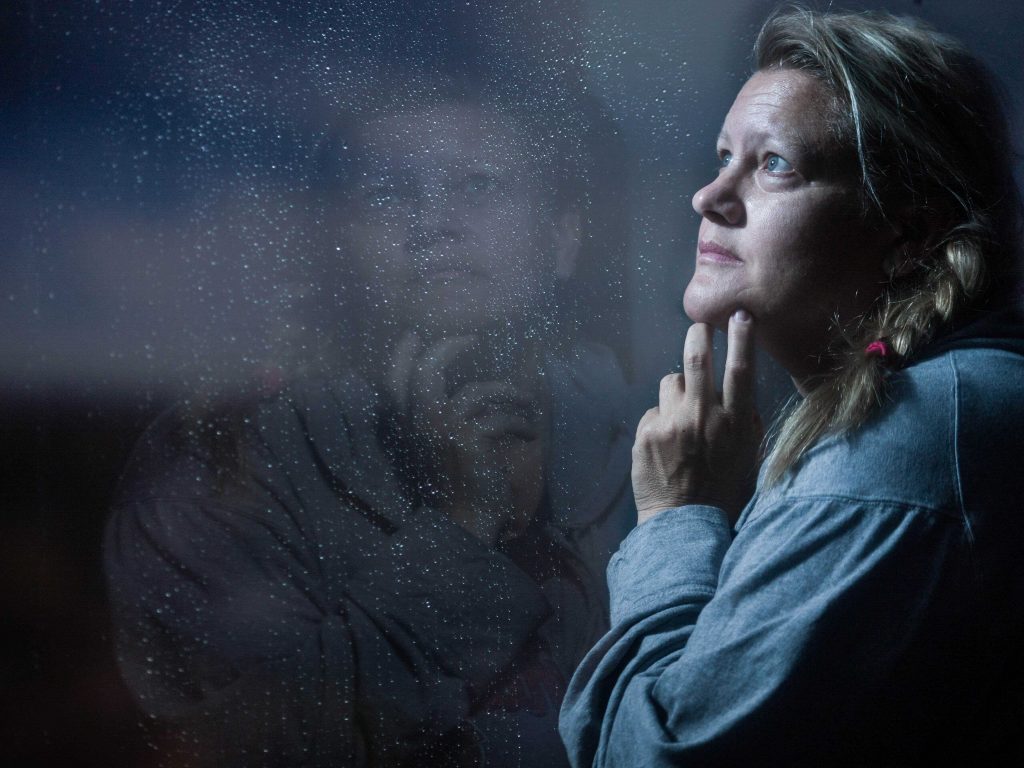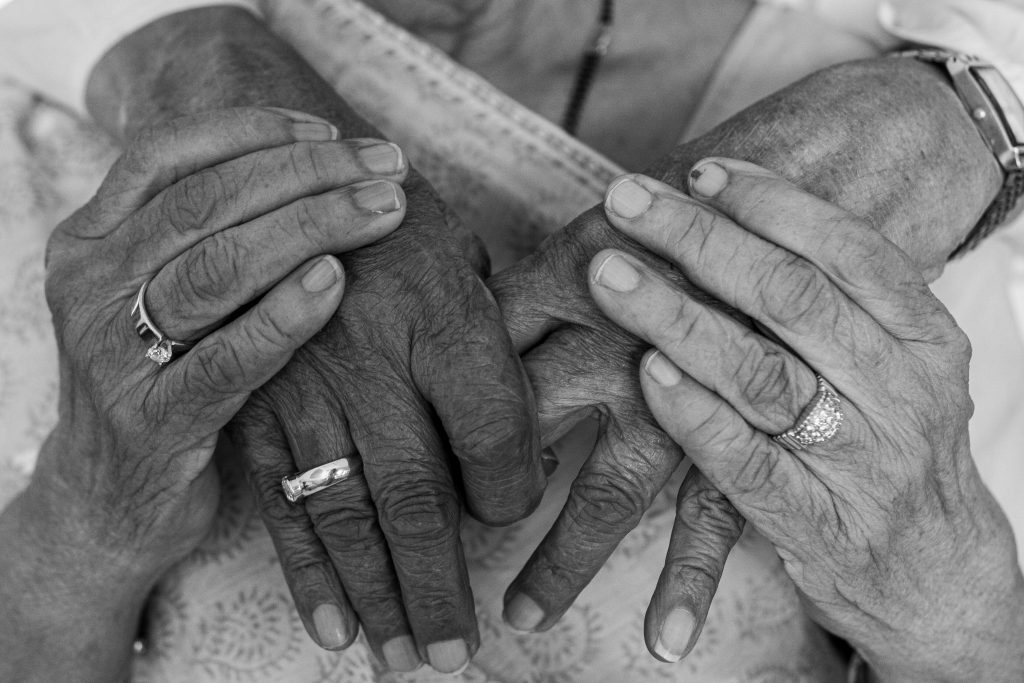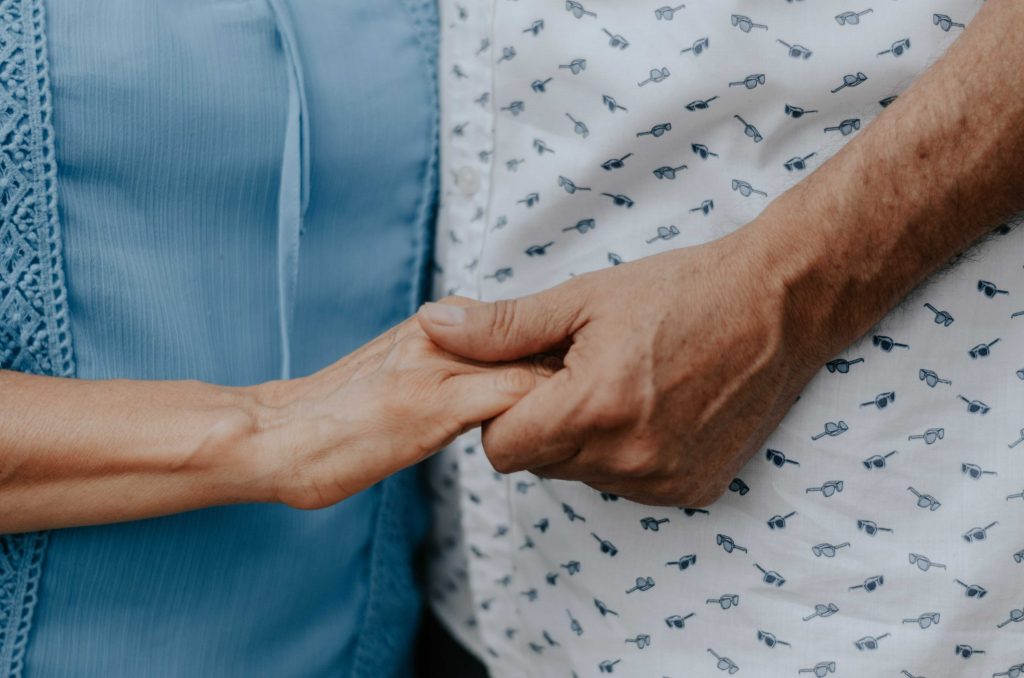Menopause is often seen as a mysterious phase for women, but it’s far from being something negative, like people tend to think. Menopause is a transformation for lots of women, and a lot find it an improvement in their lives.
Age plays a significant role, and when speaking from a clinical perspective, menopause is just the end of menstruation. Of course, there are side effects, but how you tackle it determines whether or not it changes your life for the best.
What is menopause?
Menopause starts when your menstrual cycle has ceased – for a year, at least. As mentioned, it’s the stage when women stop having their period and mark the end of fertility.
It’s also a time when women’s bodies and biology adapt to this change. It comes with noticeable hormonal changes that can affect even the way they see and feel about each other.
When a woman has spent 12 months without bleeding, or her “menses,” it’s officially considered menopause.

Changes brought by menopause
Menopause is a biological process, but because it is an important change in a woman’s life, it has mental effects, as well.
• Physical
Hormones responsible for fertility decrease significantly, and estrogen is the main agent here. It translates into changes for both blood vessels and vaginal tissues, and these become more sensitive and vulnerable to damage.
The main discomfort and complication, sexually speaking, come from atrophy of both the vulva and vagina. This condition brings elasticity and moisture loss for the vagina since it’s receiving less estrogen. Women can lose folds and stop generating moisture. Thus, thinner tissues can suffer damage more easily.
The main cause of discomfort from menopause is the loss of lubrication, which makes friction a lot more significant, impacting sexual intercourse. Other symptoms that might arise include a sensation of tightness, repeated infections, and loss of libido and arousal – but these last two are mostly due to general discomfort.
Atrophic vaginitis can also occur in some women, and it may cause swelling, burning, or itching.
Not everyone will suffer the same changes from menopause, and not everyone will experience these symptoms in the same way or intensity. Always see your doctor if these changes interfere with your comfort.

• Emotional
All physical symptoms can bring emotional consequences, and hormone changes are highly effective at messing with women’s mood and sleep; this results in fatigue and mood swings.
Reduced sex drive and discomfort during sex also have repercussions in self-esteem and general intimacy.
Stressful times, especially when coupled with depression and anxiety, tend to make people lose interest in things they used to enjoy. Sex is one of the main victims in this case, and menopause often teams up with aging to intensify all the emotional repercussions.
Physical discomfort can make women avoid sex altogether, and doing so can worsen the emotional issues. The most common side effects in this regard include anxiety, loss of motivation, irritability, regret, depression, low self-esteem, and sex drive, and a general feeling of being “worthless.”
The majority of women experiencing pain during sex can also feel they’re disrupting a relationship.
Regarding the physical symptoms, not all women feel negative about menopause. Some feel like they’re wiser, that it strengthens their confidence and they even experience a heightened sex drive.
Again, if these emotional disturbances are affecting your quality of life, a doctor visit might be required.

How to have better sex after menopause
Having better sex after menopause isn’t impossible. There are many things you can do to offset the negative side of menopause, and you might even find you enjoy sex more than before.
• Treating vaginal dryness
The first thing to treat is vaginal dryness, and lubricants are easy to find. Stick to water-based lubes for both comfort and safety.
Using lubricants, like Vaseline (petroleum, oil, or generally non-water based), can damage the latex in condoms and even cause irritation. You want to use condoms until you’ve officially stopped ovulating, and if you’re not in a monogamous relationship, you want to avoid STD’s.
Ask your doctor about vaginal estrogen therapy. Ospemifene can also be taken orally to strengthen your vaginal tissues and reduce pain and discomfort, but ask your doctor about side effects before taking it.
• Improving sex drive
Again, estrogen therapy or replacement might work in this case, but there’s a lack of research to confirm it definitely. Doctors are also researching a combination of estrogen and androgens as a libido booster for women.
On the other hand, sex drive is also greatly affected by the physical discomfort and emotional discomfort from menopause. Treating these issues can also increase your sex drive.
However, some women might even discover that their libido is a lot stronger than when they were younger.
• Working on intimacy with your partner
Intimacy is vital in any relationship, and even if you don’t have a strong sex drive, you should always set time apart for intimacy. You’ll still enjoy it, and it might even help build your sexual desire.
Go out, take baths, or give massages to each other. To strengthen your bond, you should also talk about your thoughts and fantasies, practice different exercises, and discuss both erotic and non-erotic ideas.
Always talk about what’s comfortable and what’s not. Finally, take your time with foreplay to stimulate your arousal and discover what you like.

• Trying new things
After menopause, your body and mindset change. You might discover you don’t like some things that you used to love and that you now love things you never even thought about.
Try new positions, foreplay, approaches and even schedules. Re-discovering your new sexuality can be a thrilling experience that can go a long way towards better sex after menopause.
• Exercising
One of the best ways to boost your libido in any stage of your adulthood is to work on your fitness and health, and that translates into exercising.
Sex drive is often a consequence of overall health and psychology. Improving your physique and energy by exercising can help you feel less fatigued in general and a lot better about how your body looks.
This confidence and energy boost is often a path straight to a stronger libido.
Why sex is better after menopause
As we already mentioned, lots of women find their sex lives actually improved by menopause, and there are several reasons why this should be the standard for everyone.
• No more worrying about pregnancy
Menopause eliminates the chance of pregnancy because you completely stop ovulating.
Yes, this means you and your husband can forget about protection and experience all the sensations related to sex… but it also means more time for intimacy. Think about it: no more tampons, IUD’s, pads, pills or taking days off if you don’t like sex during your period.

• No more interruptions
By your 50s, your kids are probably grown and out of the house, which means they won’t interrupt your sessions.
Time is often overlooked among the benefits of menopause, but having more time for intimacy should be at the top of the advantages of menopause for better sex.
• You know your tastes
After so many years and experiences, older women already know (almost always, at least) what they like, and they have the confidence to make it clear, especially when married.
In general, menopause is a “make or break” stage in womanhood, and it leads to a lot of women realizing that they’ve neglected their sexual life for longer than they thought.
Women tend to lose their inhibitions as they get older, and menopause often gives them the last push they need.
• Your sex drive might increase
Sure, menopause causes dips in your hormone levels, and that means a hindered sex drive… most of the time. Contraceptive methods, like birth control pills, tend to take a significant toll on your sex drive, and ditching them can actually make your libido healthier after menopause.
Additionally, if you take hormone treatment for other symptoms, like vaginal dryness, you might experience a complimentary libido boost on the side.

• General stability
By the time a woman goes through menopause, she is likely organized, focused and more stable financially. This means less debt and more money to invest in yourself and your sexuality.
Grown women usually have more contingency money available than they did when they were younger and struggling, and menopause often works as the final motivation to let yourself loosen up a bit with your expenses.
You’re also likely to be less stressed by work. If this is not the case, then it might be soon. Menopausal women enjoy a more “relaxed” lifestyle, and you already know how stress can kill your libido.
• Discovering new likes
In your quest to discover what you like now, and how you can curve the disadvantages of menopause, it’s likely that you’ll find new sensations and experiences that will heighten your overall pleasure.
In specific, vaginal dryness, and using lubricants for it, can inspire women to try out the more “advanced” products with additions like vasodilation that increases pleasure. The same applies to new positions and methods.
• Easier to fix problems
Finally, relationship issues are a surefire way to kill libido, but as you and your partner grow up, solving these disturbances becomes a lot easier.
Even if there are physical problems, like erectile dysfunction or premature ejaculation, discussing them and finding a solution becomes a lot easier. Just like looking how to solve dryness can make you discover new things, these issues can help you find new tastes, like toys and other approaches.

FAQ
• Can a woman have an orgasm after menopause?
Of course, but it might take a bit longer or require more work – don’t be discouraged!
• Does sex drive return after menopause?
Yes, in fact, sex drive also diminishes because of the physical discomfort. Resolving these issues will alleviate the rest.
Also, some women feel their sex drive is even stronger after menopause.
• Why does sex hurt after menopause?
Your vulva and vagina go through a lot of changes, mostly dryness and atrophy. That means more friction and tightness, respectively.
• At what age does a woman become sexually inactive?
Women can enjoy a healthy sex drive and even reach orgasm well after their 70s and 80s. Women can be sexually active throughout their entire lives, but most will see a fall in sexual activity after their 60s.
• Can I have sex without pain?
You can use natural aphrodisiacs like Spanish Fly Pro to help ease the pain. Spanish Fly Pro lubricates the vagina naturally and arouses you for some great sex. With elevated libido levels and no side effects, it’s definitely one of the best ways to help you have great sex – even after menopause.
Sources:
- Changes in sex behaviour after menopause: effects of tibolone | https://www.sciencedirect.com/science/article/abs/pii/037851229500930J
- FACTORS AFFECTING QUALITY OF LIFE AFTER MENOPAUSE IN WOMEN | https://www.sid.ir/en/Journal/ViewPaper.aspx?ID=188346
- Metabolism of mammary, abdominal, and femoral adipocytes in women before and after menopause | https://www.sciencedirect.com/science/article/abs/pii/0026049586902179
- Quality of life after the menopause: Influence of hormonal replacement therapy | https://www.sciencedirect.com/science/article/abs/pii/S000293789470239X
- Sex hormones and the female voice | https://www.sciencedirect.com/science/article/abs/pii/S0892199799800484
- Sex, Menopause, and Culture: Sexual Orientation and the Meaning of Menopause for Women’s Sex Lives | https://journals.sagepub.com/doi/abs/10.1177/0891243203253962
- Sex problems after menopause: a study of fifty married couples treated in a sex counseling programme | https://www.maturitas.org/article/0378-5122(82)90053-6/abstract
- Sexual well-being after menopause: An International Menopause Society White Paper | https://www.tandfonline.com/doi/abs/10.1080/13697137.2018.1482647


